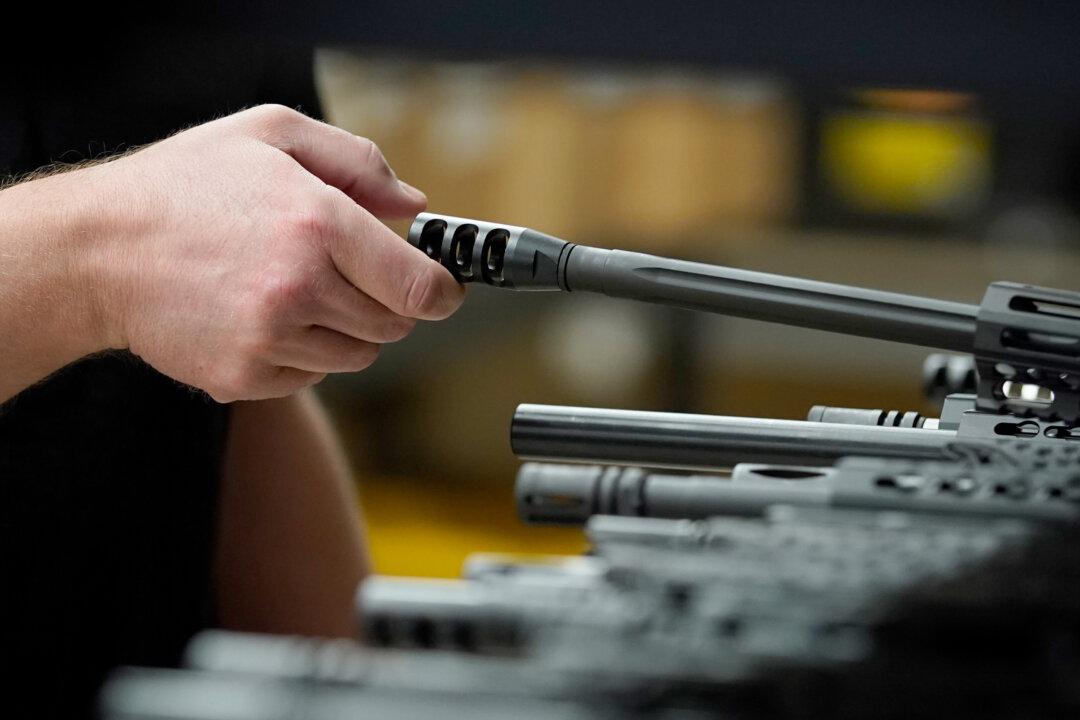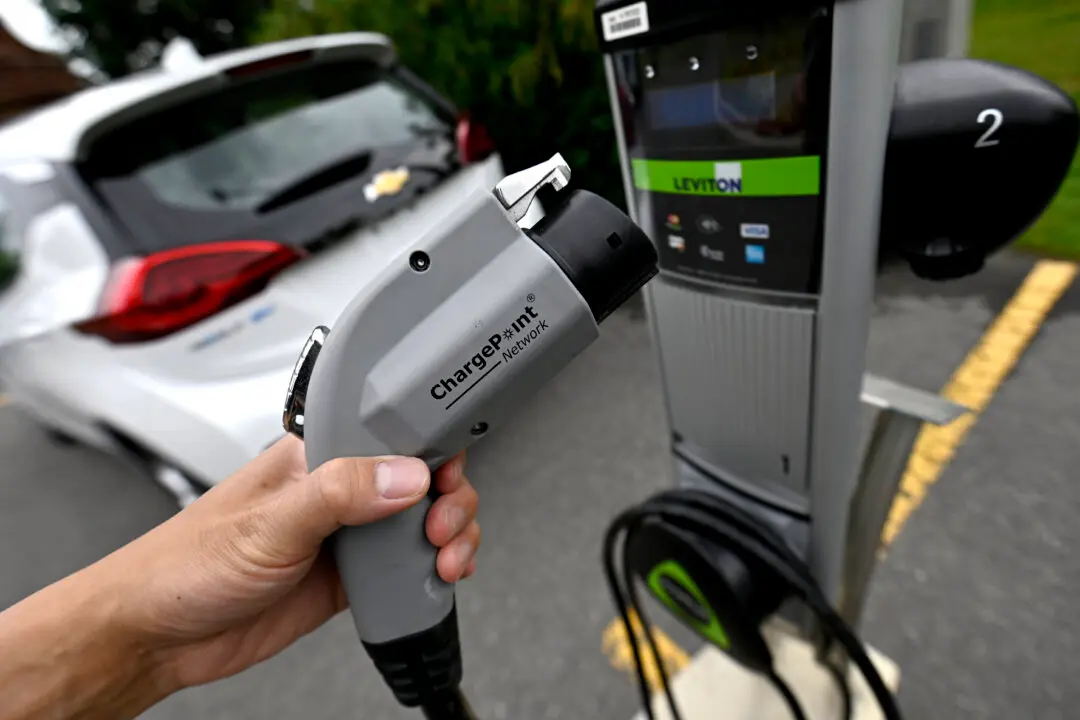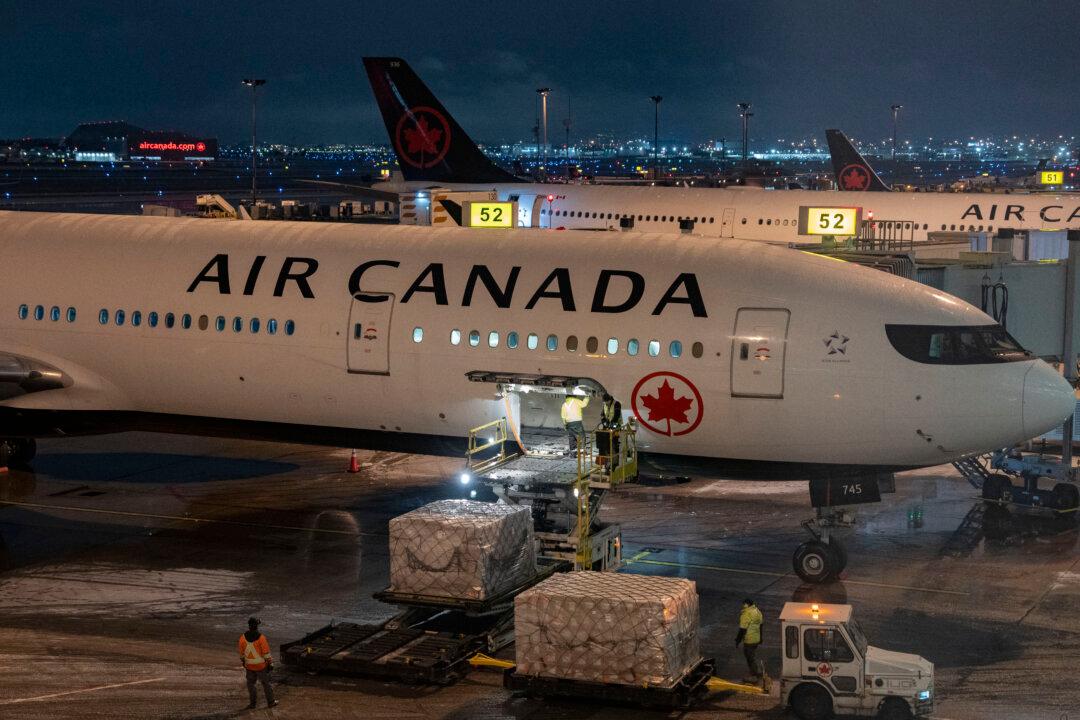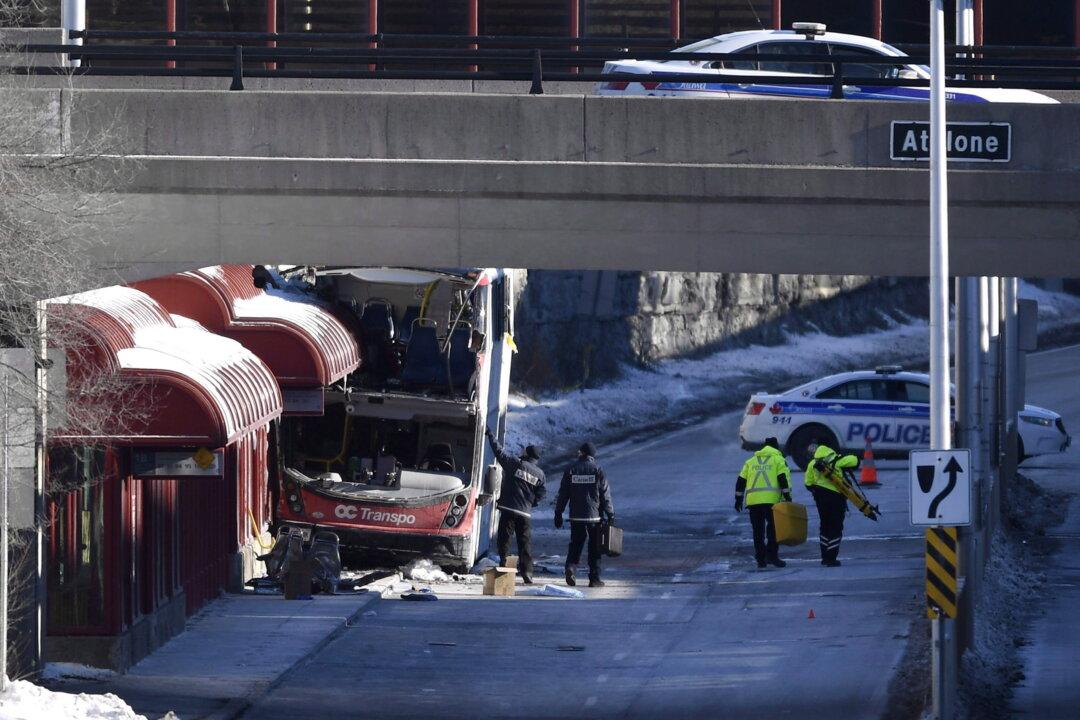Canada’s federal government announced a gun ban in Canada just weeks after the Nova Scotia mass shooting that led to the deaths of 22 people, and the three MPs for southeast Saskatchewan and southwest Manitoba are concerned about the ban.
The gun ban covers some 1,500 models and variants of what the government considers assault-style firearms, meaning they cannot be legally used, sold or imported, starting immediately.





